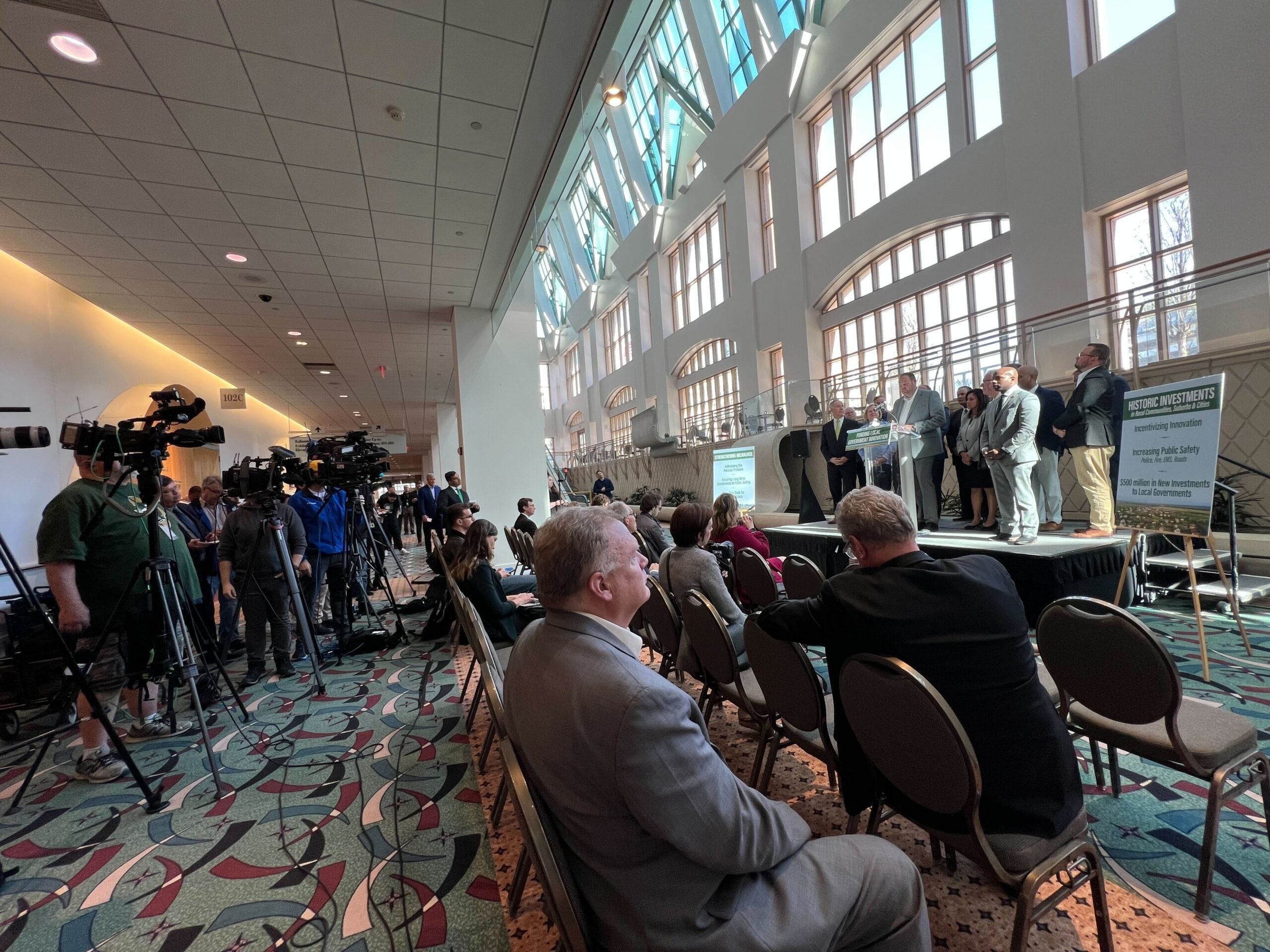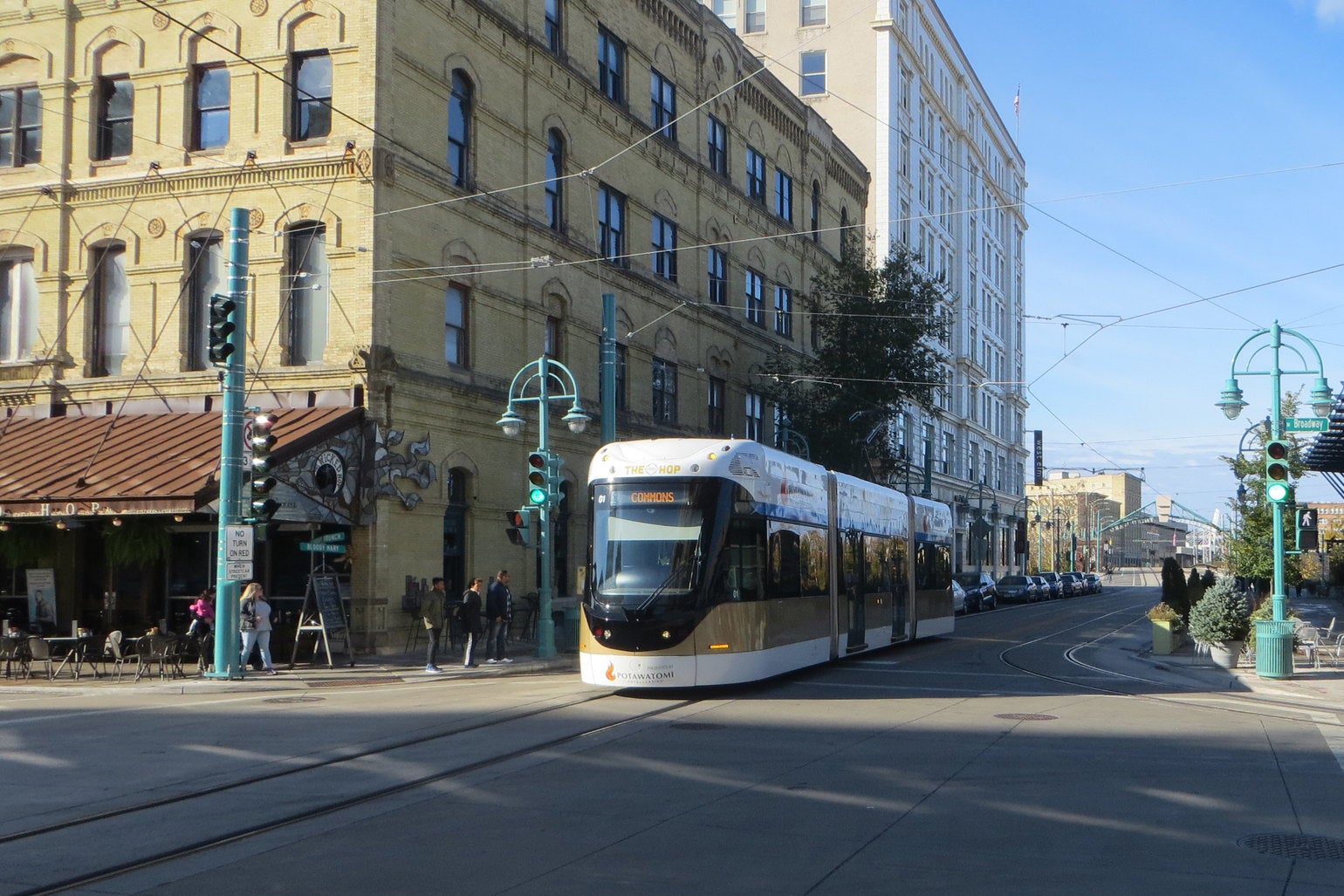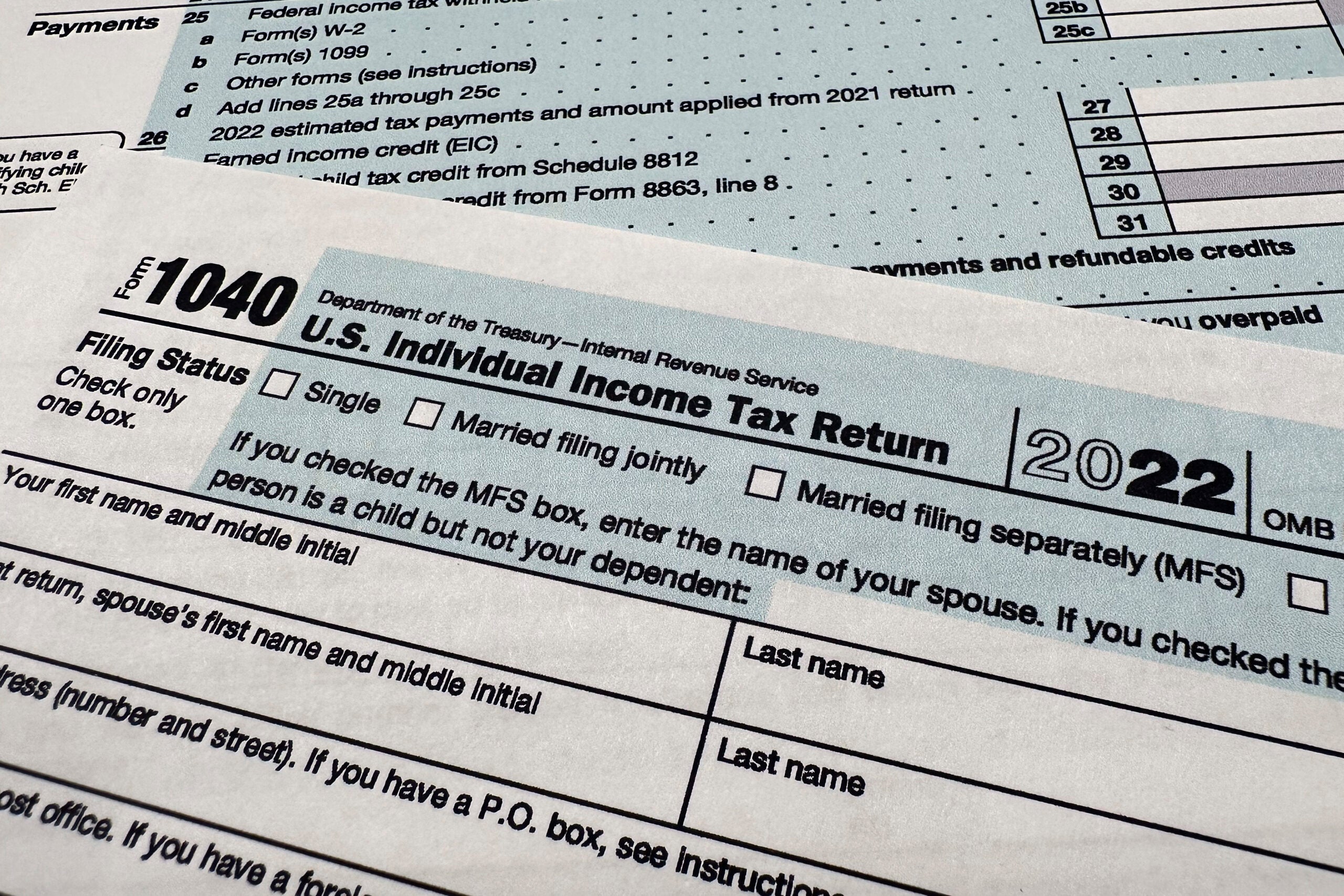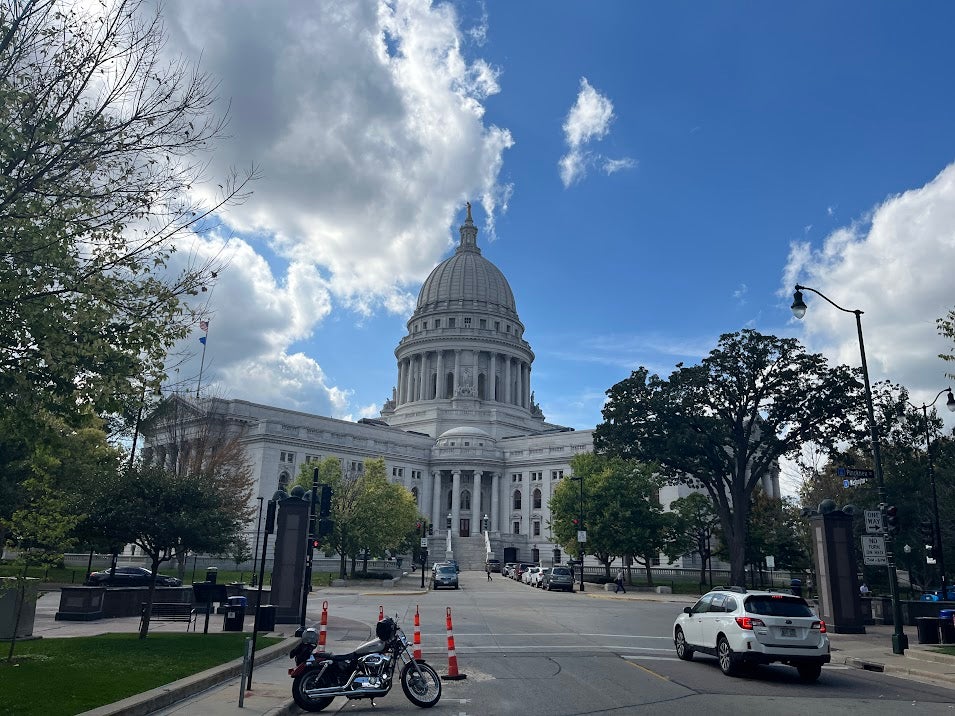State lawmakers’ proposed shared revenue bill could give a much-needed infusion of cash to the city of Milwaukee. But the money would come with stipulations on how Wisconsin’s largest city could use the funds and how local government is organized.
The proposed legislation, released Tuesday, would increase state funding to Milwaukee by 10 percent and allow the city to increase local sales taxes by 2 percent, a measure city leaders have wanted for years. But the changes come along with a series of strings, including requiring a two-thirds vote of the common council to approve spending for new programs. The changes also say the city can’t use the funds to expand Milwaukee’s streetcar and would require police officers to be posted in Milwaukee schools.
Milwaukee is facing what local leaders have called a “crisis” regarding its budget. A Wisconsin Policy Forum report pointed to an upcoming “day of reckoning” for Milwaukee’s finances as the combination of declining state aid, rising pension obligations and local revenue limits is forcing city leaders to make tough budget decisions. The city has been forced to make cuts to police staffing, eliminated fire stations and deferred maintenance on parks.
Stay informed on the latest news
Sign up for WPR’s email newsletter.
Although the exact details of the proposal could still change in the coming weeks, in its current draft, the city would be required to direct money raised by the 2 percent sales tax increase toward retiring pension debt. The sales tax would also need to be approved by voters through a referendum.
That’s concerning to Milwaukee Alderman Bob Bauman.
“It’s no deal at all — they’re offering us essentially nothing because the referendum is highly unlikely to succeed if it is linked to a pension bailout,” Bauman said. “I’m not sure I’d even vote for it if it was linked to a pension bailout only.”
The bill will need to pass both houses of the Legislature and be approved by Gov. Tony Evers to become law.
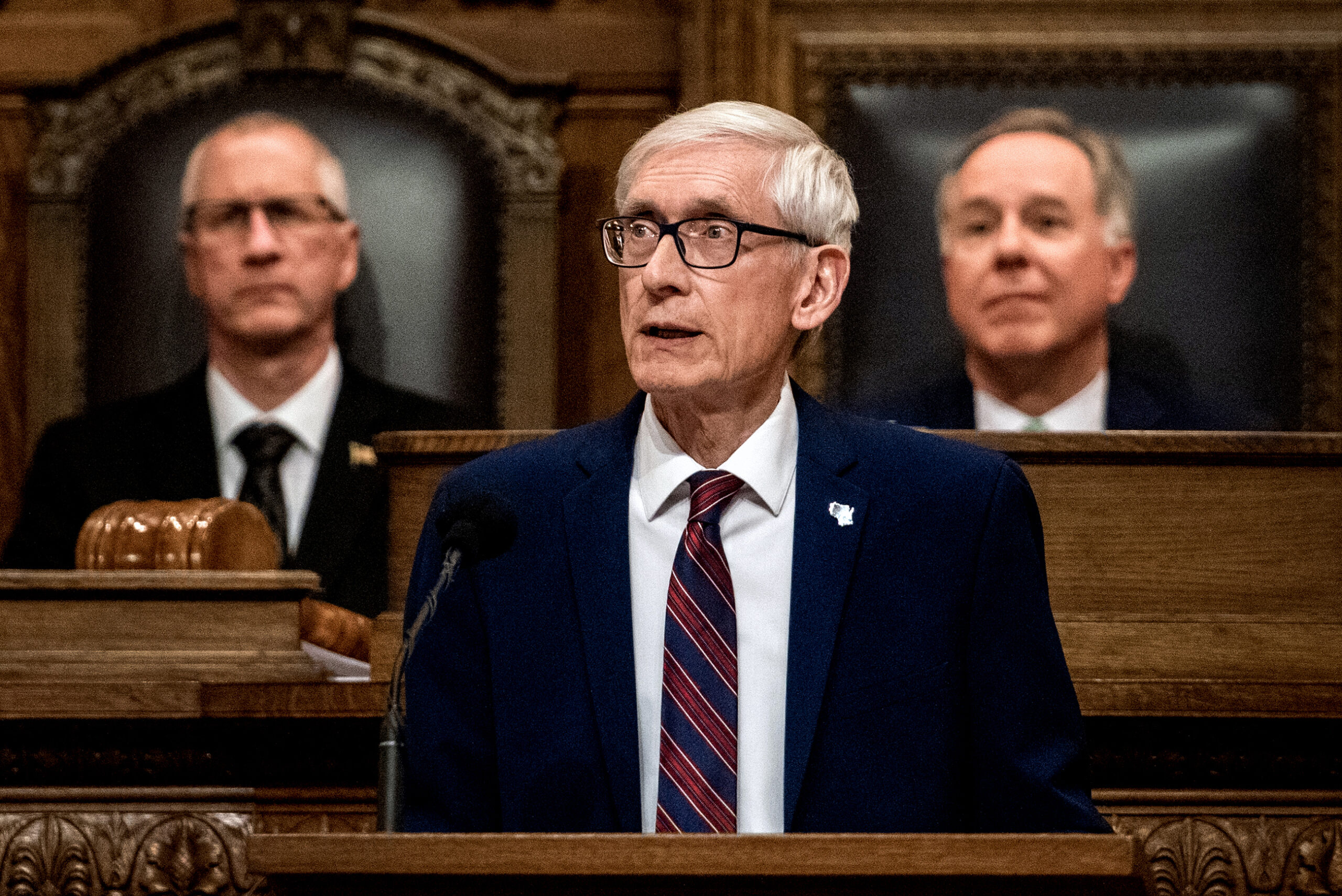
Sen. Mary Felzkowksi, R-Irma, is the lead author of the shared revenue legislation in the Wisconsin Senate. She said on Wednesday state lawmakers are currently debating if they’ll make Milwaukee voters approve a referendum for the sales tax.
“We have differing opinions in both caucuses, and there is a real concern,” Felzkowksi said about the referendum. “We’ve heard from the Milwaukee contingency that they are very concerned about the referendum passing, and then what?”
Ross Milton, a public affairs professor at the University of Wisconsin-Madison, said it’s not unusual to ask voters to approve a tax increase through a referendum.
“I think what is unusual about it is the idea that the revenues from those taxes would be earmarked to pay off pension debt,” Milton said.
Milwaukee would not be alone in benefiting from the changes in shared revenue. Every community would get at least a 10 percent increase in state funding, according to the proposal. But Milwaukee is the only community in the state where legislators are tying the cash to changes in policy.
But the city is in desperate need of additional funds. Officials are using millions in American Rescue Plan Act funds to help delay some cuts, but face an estimated budget gap of $156 million next year.
“Anything that’s proposed for the city of Milwaukee will be like holding a loaded gun to our head,” said Sen. LaTonya Johnson, D-Milwaukee. “We are not going to have many choices in terms of compromise. Shared revenue is needed both in Milwaukee and Milwaukee County.”
During a press conference announcing the plans last week, Milwaukee Mayor Cavalier Johnson said the 2 percent sales tax would provide about $120 million each year to pay for the pension liability. The Wisconsin Policy Forum report found the city’s tax levy contribution to support its pension fund grew from $58 million in 2012 to nearly $130 million in 2022.
“The increase that we will receive from the sales tax will put us in a position where we’re able to take care of our unfunded liabilities in our pension and provide opportunities for us to have additional dollars to be able to invest in public safety,” Johnson said.
Johnson declined to comment on the pending legislation this week.
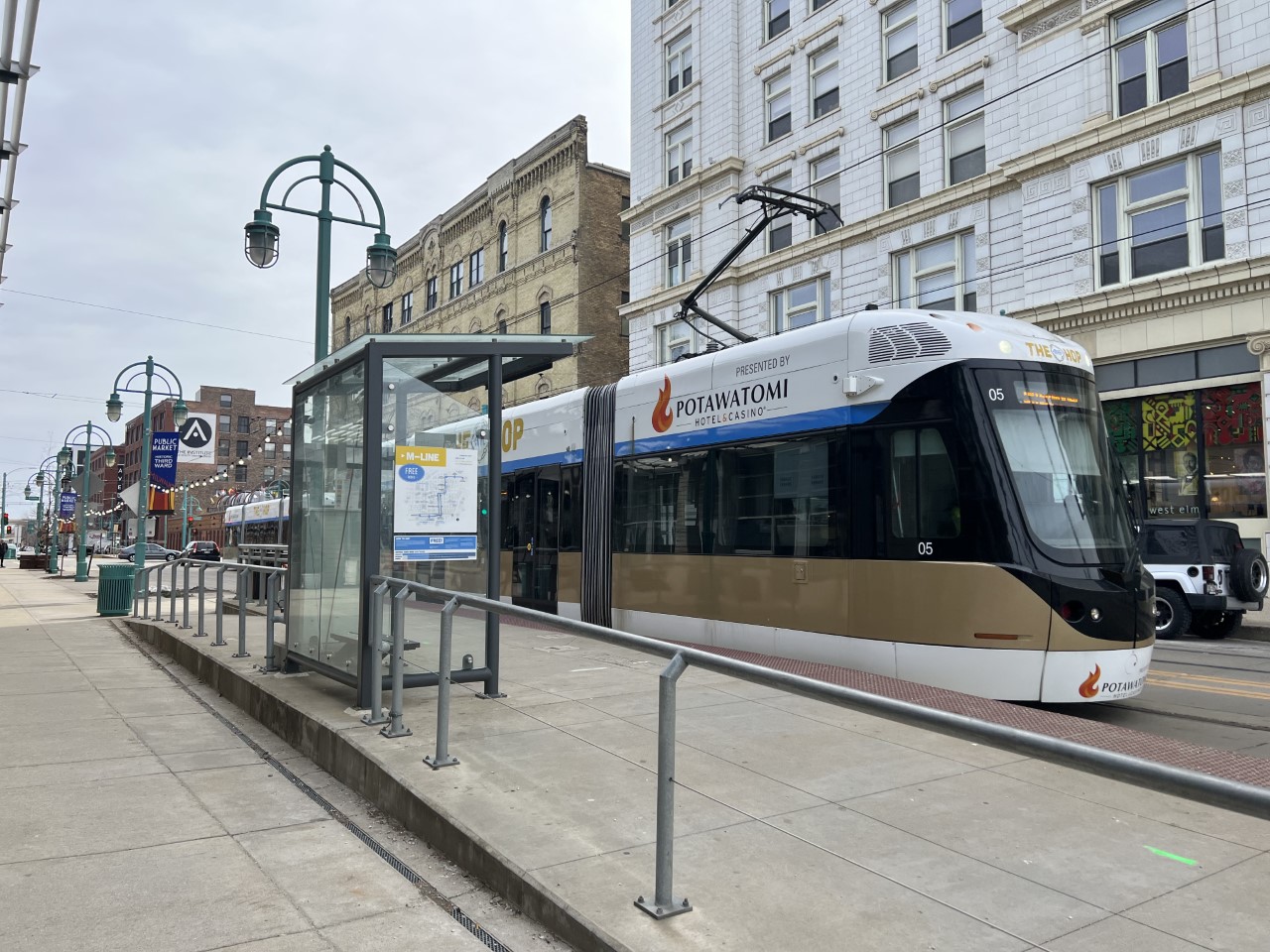
Some of the provisions Milwaukee must follow under the Republican proposal include:
- New program spending or “position authorizations” may only occur after a two-thirds vote of Milwaukee Common Council.
- The city can’t use the funds for “developing, operating, or maintaining” Milwaukee’s streetcar, The Hop.
- “The city may not use moneys raised by levying taxes for funding any position for which the principal duties consist of promoting individuals on the basis of their race, color, ancestry, national origin, or sexual orientation,” the bill said.
- Milwaukee must maintain its current level of staffing for the Milwaukee Police Department and Milwaukee Fire Department.
- The proposal said 25 school resource officers must now be present at schools throughout the Milwaukee Public School system.
- The bill transfers authority power for the “control and management of the police and fire departments” away from the Milwaukee Fire and Police Commission and back to Milwaukee’s Fire Chief and Police Chief.
Rep. Ryan Clancy, D-Milwaukee, said putting school resource officers back into schools and potential policy changes to the Milwaukee Police and Fire Commission were “petty.” He also called the requirements an “attack on local control.”
“This is really damaging, and it’s an incredibly cynical piece of legislation,” Clancy said. “All of these things are really backwards movements and the idea that you would put those policy barbs in with this financial package just doesn’t make any sense.”
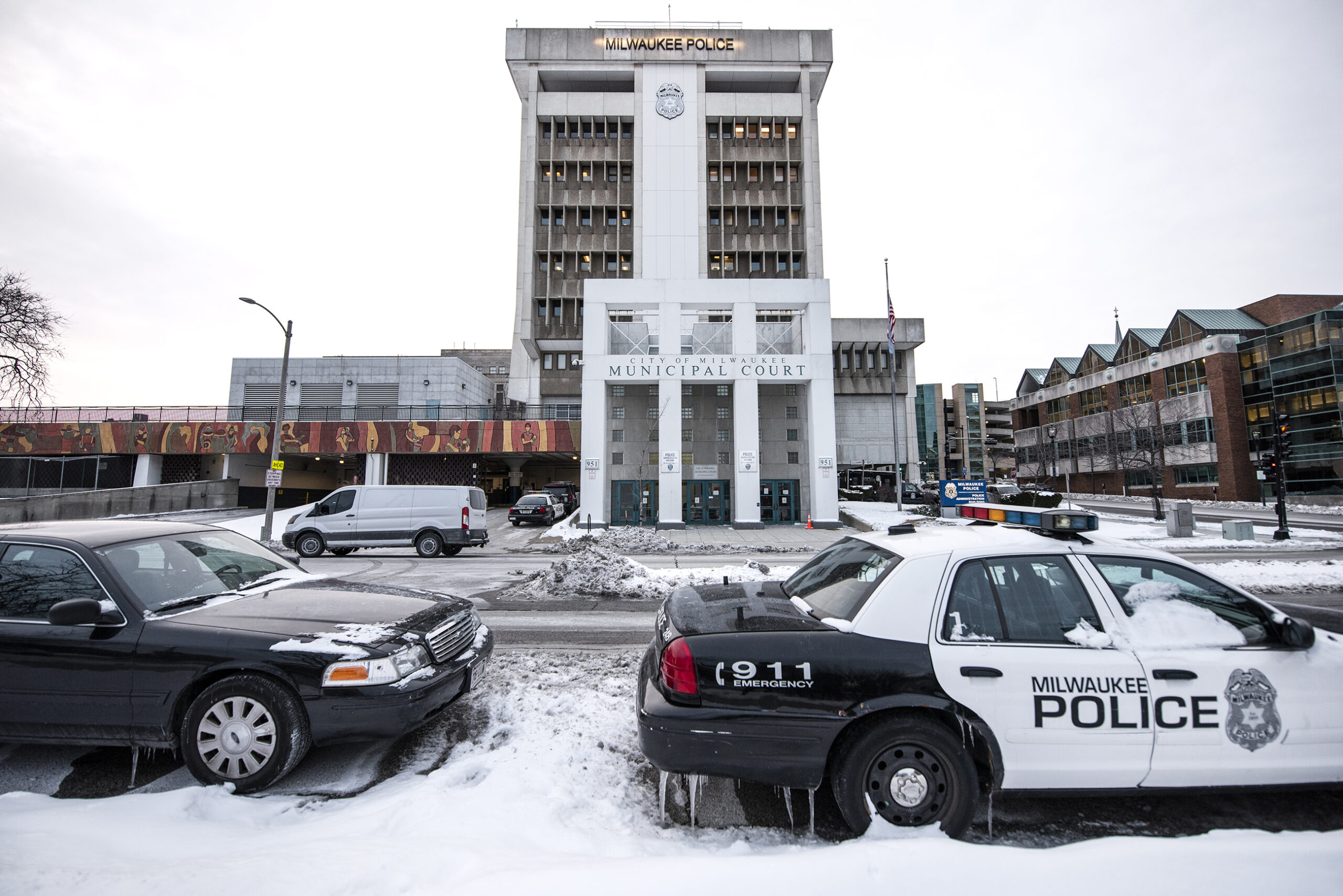
Common Council member Bauman said he is still unclear on details of the requirement for a two-thirds council vote approving new programs. But he called the requirements in the plan “anti-democratic.”
“I think everybody in the city of Milwaukee is pro-democracy and pro-self government, and what they’re doing with this policy prescription is basically an affront to the democratic process and an affront to self-government,” Bauman said.
Andrew Wagner, president of the Milwaukee Professional Police Association, said he’s happy about the requirement to not cut staff for the Milwaukee Police Department.
“We really believe that the enhancements and the money coming into the city that the state has offered will be able to reduce crime and hopefully lessen the victimization of the people we see,” Wagner said.
Milwaukee County Executive David Crowley said he’s hoping to have continued discussions with state lawmakers over the details. The proposal would allow for the county to boost its sales tax by 0.375 percent to retire pension debt.
“This has been a long time coming,” Crowley said. “I think it shows that we’ve really hit a reset button on figuring out ways to really work with Madison legislators.”
The state committee on local government will hold a public hearing on the proposal on Thursday.
Wisconsin Public Radio, © Copyright 2025, Board of Regents of the University of Wisconsin System and Wisconsin Educational Communications Board.
